This is how many mothers in the UK still breastfeed their babies


'Breast is best,' as the saying goes, but what happens if you have difficulty breastfeeding, or feel it's just not for you? We give you the need-to-know on everything you've ever wanted to ask about breastfeeding
Is breastfeeding best?
In the UK more than 73% of mothers start breastfeeding, according to the NHS which lists the benefits of breastfeeding as passing on protection from infections and diseases, plus the fact that breast milk is perfectly designed for your baby, and readily available at any given time. The NHS also states that any amount of breast milk has a positive effect, which lasts right into adulthood. Giving your baby nothing but breast milk is recommended for about the first six months (26 weeks) of your baby's life, and helps to form and emotional bond between mother and child.
However, it's important to remember that breastfeeding doesn't come naturally to everyone, and it's crucial not to let yourself feel like a failure if you don't manage it right away. Jess, 26, from Bedfordshire, gave birth to her daughter one year ago, and spoke to Marie Claire about her experience with breastfeeding:
'Before giving birth no one ever told me how hard breastfeeding might be. For the first few days I couldn't get my daughter to latch on comfortably and I felt as if I was failing her. I wish someone had told me that sometimes breastfeeding doesn't come as naturally as you might think, and it can be demanding and exhausting on your body. It took a while to find our own routine and way of feeding, but once we had we just did it without any thought.'
The National Childbirth Trust (NCT) is a great resource for new parents, with plenty of tips on how to find your feet when it comes to breastfeeding . Their senior policy advisor, Elizabeth Duff, told Marie Claire: 'It is worth remembering that breastfeeding is a new skill that a baby and a mum need to learn together, it's not always as easy as you might think so don't put off getting support from a qualified supporter if you need to.'

Breastfeeding positions
There are a number of different breastfeeding positions, and it may take a bit of trial and error to find the best for you. Breast pump manufacturer Medela, provide a handy guide to some of the most common positions here including the cradle, cross-cradle and clutch. One of the key things that most new mums and experts agree on is to make sure you're comfortable before you begin, as feeding your baby can take up to 45 minutes at a time (longer with twins).
Elizabeth Duff told Marie Claire:
Celebrity news, beauty, fashion advice, and fascinating features, delivered straight to your inbox!
'Before you start positioning your baby it's a good idea helpful to gather some useful items together, such as a drink and snack for you or tissues or muslins. It helps to hold your baby really close, with their whole body towards you and their back and head in a straight line. The baby’s nose should be level with your nipple, and their head will need to be tilted back slightly in order to get a good mouthful. Babies prefer to be able to move their head freely when they are feeding. They also need to open their mouth really wide to attach well. '
For mums with twins a rota or logging system can also be a good idea, as one mum told popular parenting website BabyCentre:
'I recommend writing each feed down, so you don't forget which twin you feed, when. I found this especially helpful during the night when I'm tired. I have a column for each twin and write down the date, time and how long they feed for.'
Breastfeeding in public
This can be daunting for any new mum, but after overcoming the initial nerves many women find themselves doing it naturally, allowing them greater freedom in their daily routine. For Jess, overcoming her fear of breastfeeding in public made a big change to her experience as a new mum:
'My main difficulty with breastfeeding was the loneliness. In the early weeks, my daughter would comfort feed almost every two hours, sometimes for 45 minutes at a time. I didn't feel confident breastfeeding in public, so I felt as if we were restricted to feeding at home. I worried that if I went outside, all eyes would be judging me, or my daughter might cry. However over time my partner, friends and family gave me the confidence to just get on with it - if anyone has a problem with what you are doing it's their issue. I bought some large muslins, which worked great to cover myself when feeding and hold my daughter comfortably.'
Videos you may like:
Video you may like:
Amy, 26, from Hertfordshire, found that building up a stock of breast milk allowed her greater freedom when out and about with her son:
'I was very nervous about breastfeeding in public, so much so that I never did it and instead pretty much exclusively pumped during the latter stages of breast feeding. That way I could take bottles and easily feed my son when out in public.'
The NCT's Elizabeth Duff added: 'It’s actually illegal to discriminate against a woman because she is breastfeeding when out and about. However we know that some mums are asked to "cover up" (and worse) which can cause embarrassment and distress. A good idea is to start off breastfeeding somewhere that you know will be friendly and welcoming - such as a Baby Cafe. Once you’ve found a place where you can feed your baby or toddler in comfort, you can build up the confidence to do so elsewhere.'

Breastfeeding complications
Mastitis
Mastitis is a condition which causes a woman's breast tissue to become painful and inflamed. It's common in breastfeeding women and is often accompanied by flu-like symptoms.
Amy, told Marie Claire: 'I experienced mastitis on the first day home from hospital which was absolutely awful - like having the flu but also so painful. I found to avoid this is had to make sure I was expressing regularly and didn't get too much of a build up - I think I definitely had way too much milk and was, for a while, expressing loads more than my baby needed or was interested in. '
Sore or cracked nipples
Sioned Hilton, breastfeeding expert at The Baby Show and Medela’s in-house lactation consultant told Marie Claire: 'It is normal for nipples to become sore and tender in the early days. It may indicate that your baby is not latching on well and is pinching the nipple. Try different feeding positions and look at the way that you are bringing the baby to breast. Applying a nipple cream can help replenish the moisture to keep them in tip top condition.'
Jess added: 'The best product that helped me with breastfeeding was Lansinoh TheraPearl 3-in-1 Breast Therapy Packs. I can't recommend them enough! They can be used hot or cold to soothe and relieve engorgement, mastitis and to help with milk let down. Great to use when you're pumping too.'
Breastfeeding pump
A good breast pump is a must-have if you prefer not to breastfeed in public, or want to express milk at times when your baby may not be in the mood for a feed.
Amy, found her pump a life-saver in the early days with her son: 'I found it frustrating not knowing exactly how much milk he had had – which is one of the reasons I switched to pretty much exclusively pumping. Definitely invest in an electric pump – they are amazing. I found hand pumps a waste of time.'
Breastfeeding pumps can be single or double, manual or electric. Manual pumps are designed for occasional use, cheaper and lightweight. Electrical pumps are more efficient but also more expensive, noisier and bulkier.
At the top end of the scale is the Medela Swing Single Electric Breast Pump with Calma (RRP: 134.99).
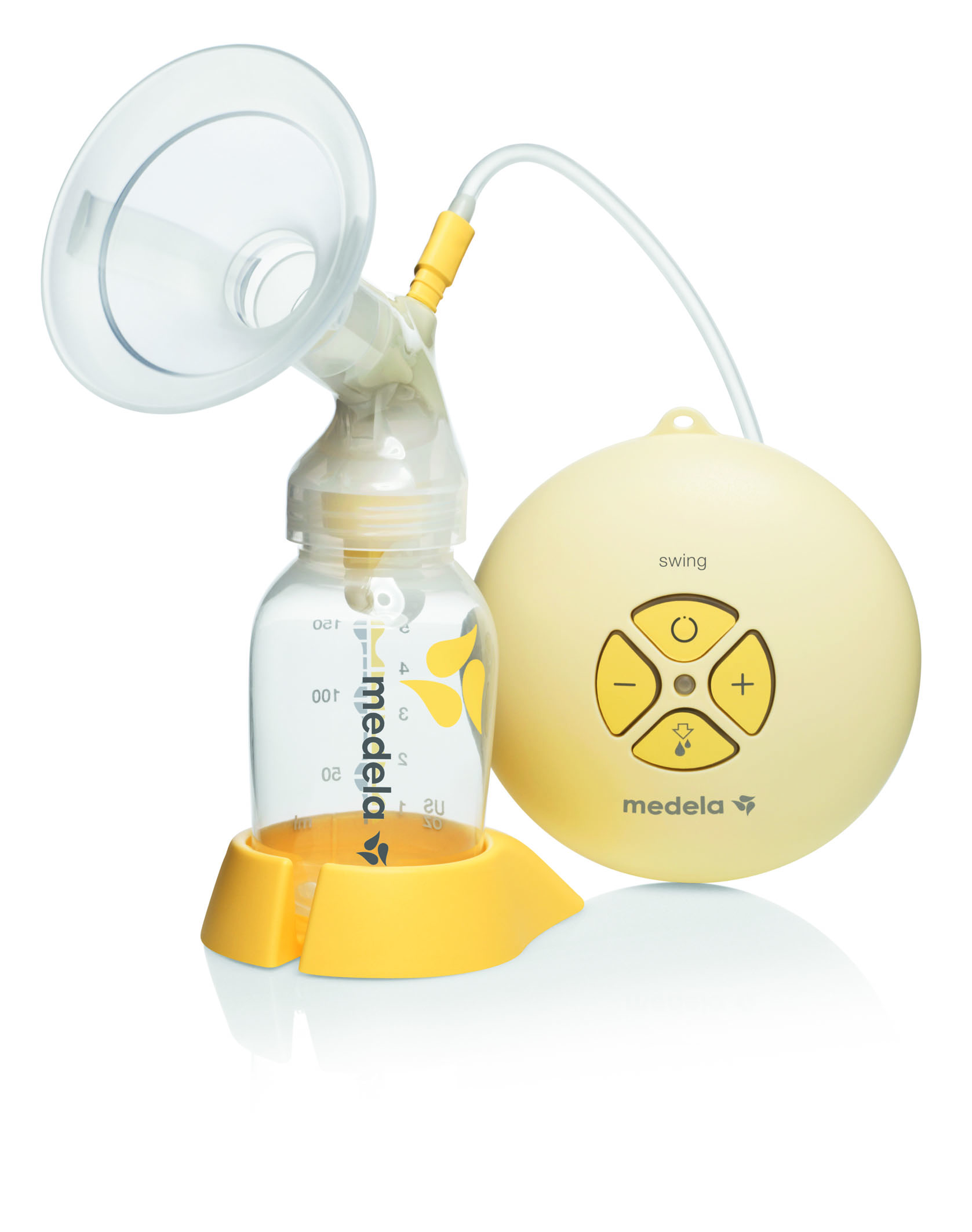
If you're on a budget, there are a range of manual pumps available for under £40, such as this Haakaa 150ml Silicone Breast Pump (RRP 18.99)
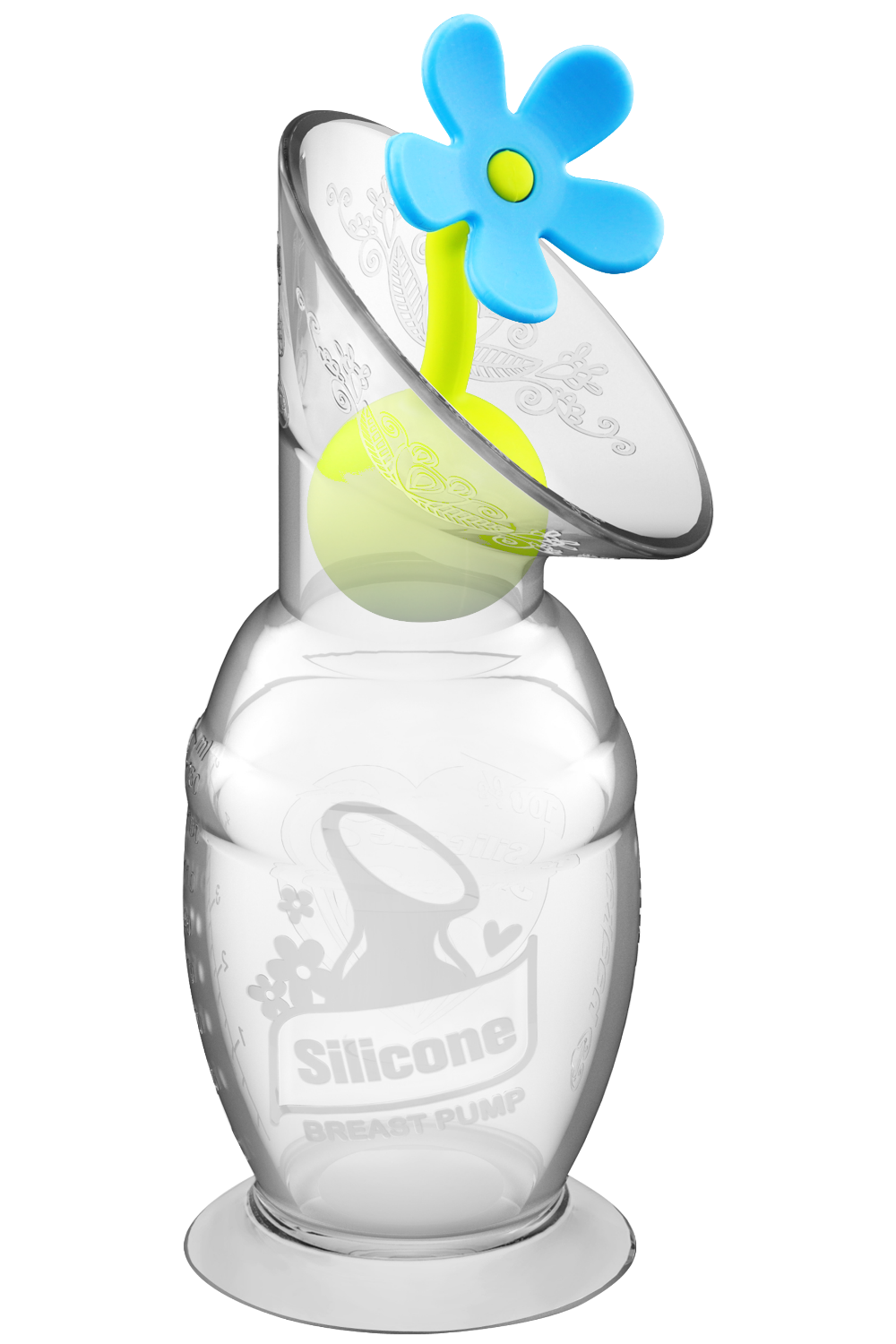
Breastfeeding pillow
Pillows can help with the positioning of the baby, as well as help to keep you comfortable while feeding
Argos Celevamama ClevaCushion 10-in-1 Nursing Pillow (RRP 38.99)
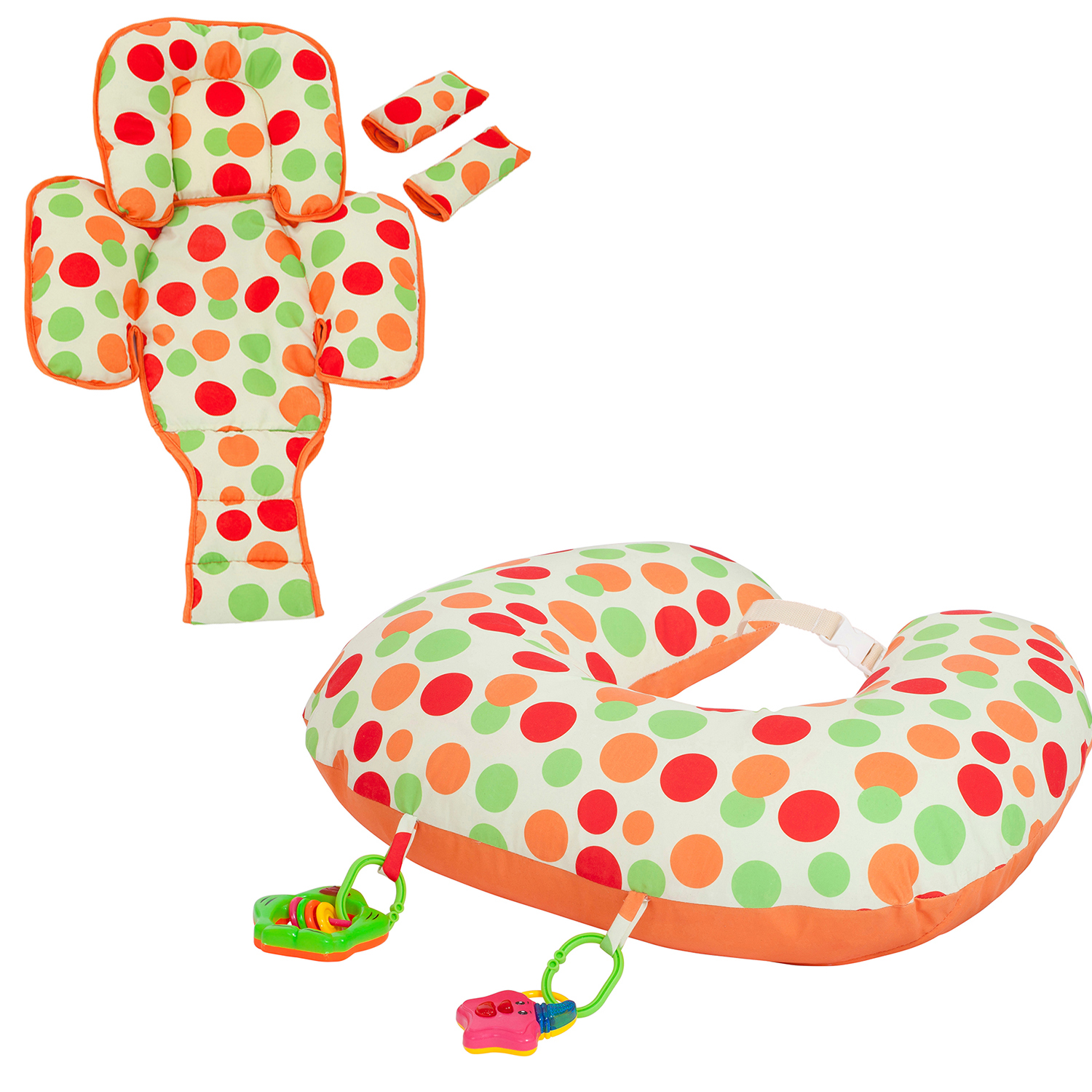
babymoov mum & b nursing pillow (RRP £34.99)
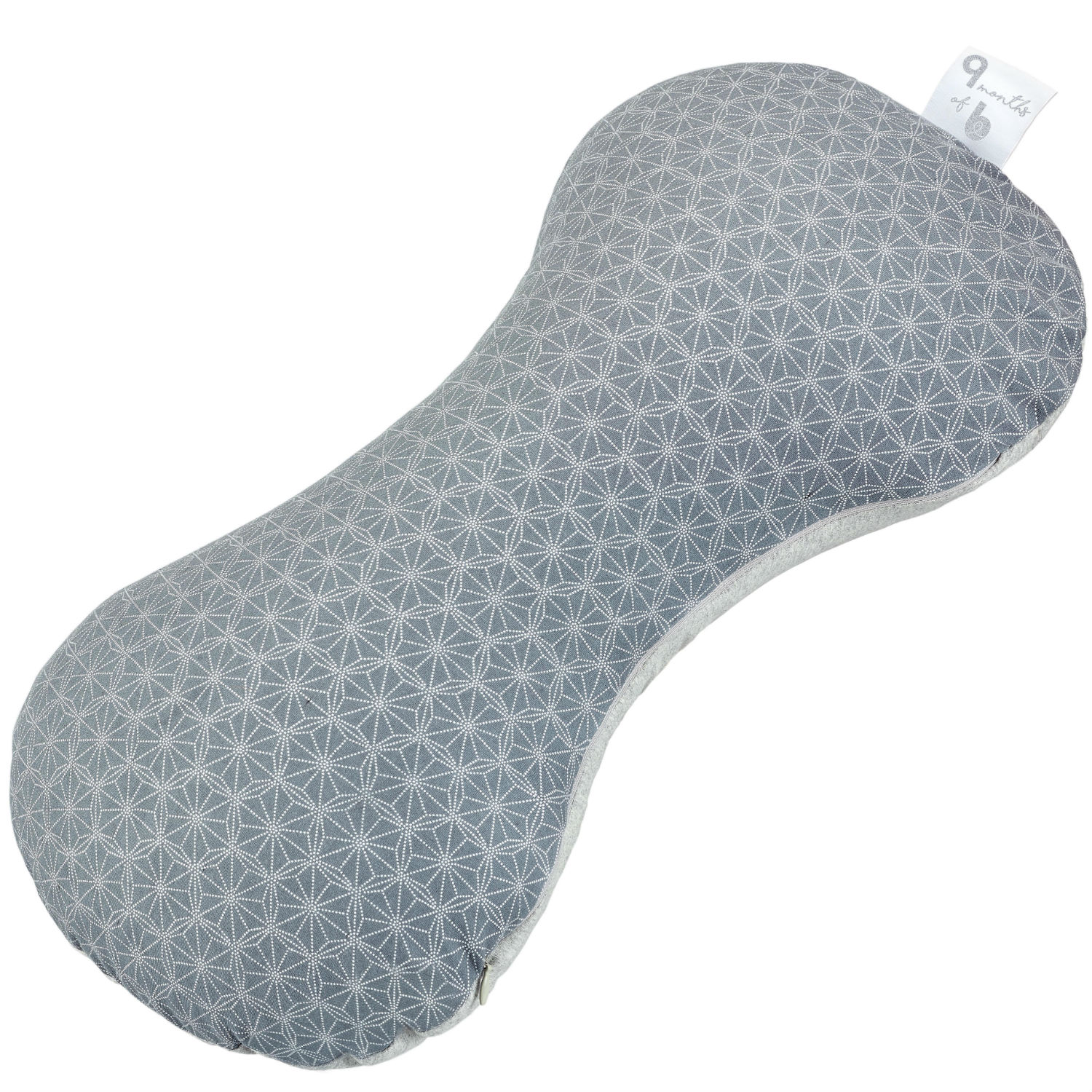
Breastfeeding scarf
These can come in very handy when breastfeeding in public, as they give you an element of privacy and also prevent your baby from getting distracted and latching-off suddenly (and painfully). A few options include:
Bebe Chic Dot Breastfeeding Cover (RRP £15.95)
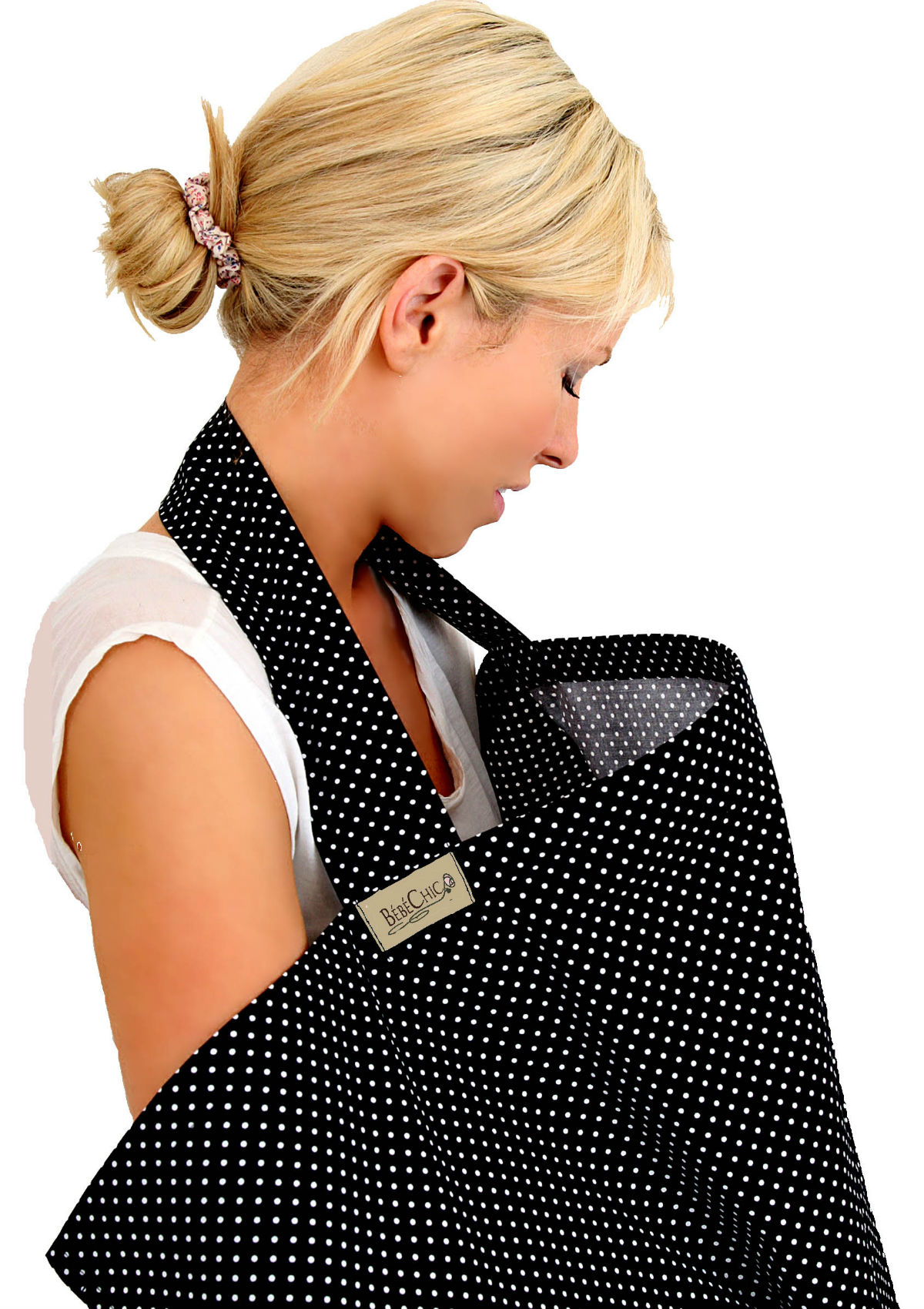
Snoob Breastfeeding Scarf, (RRP £25)
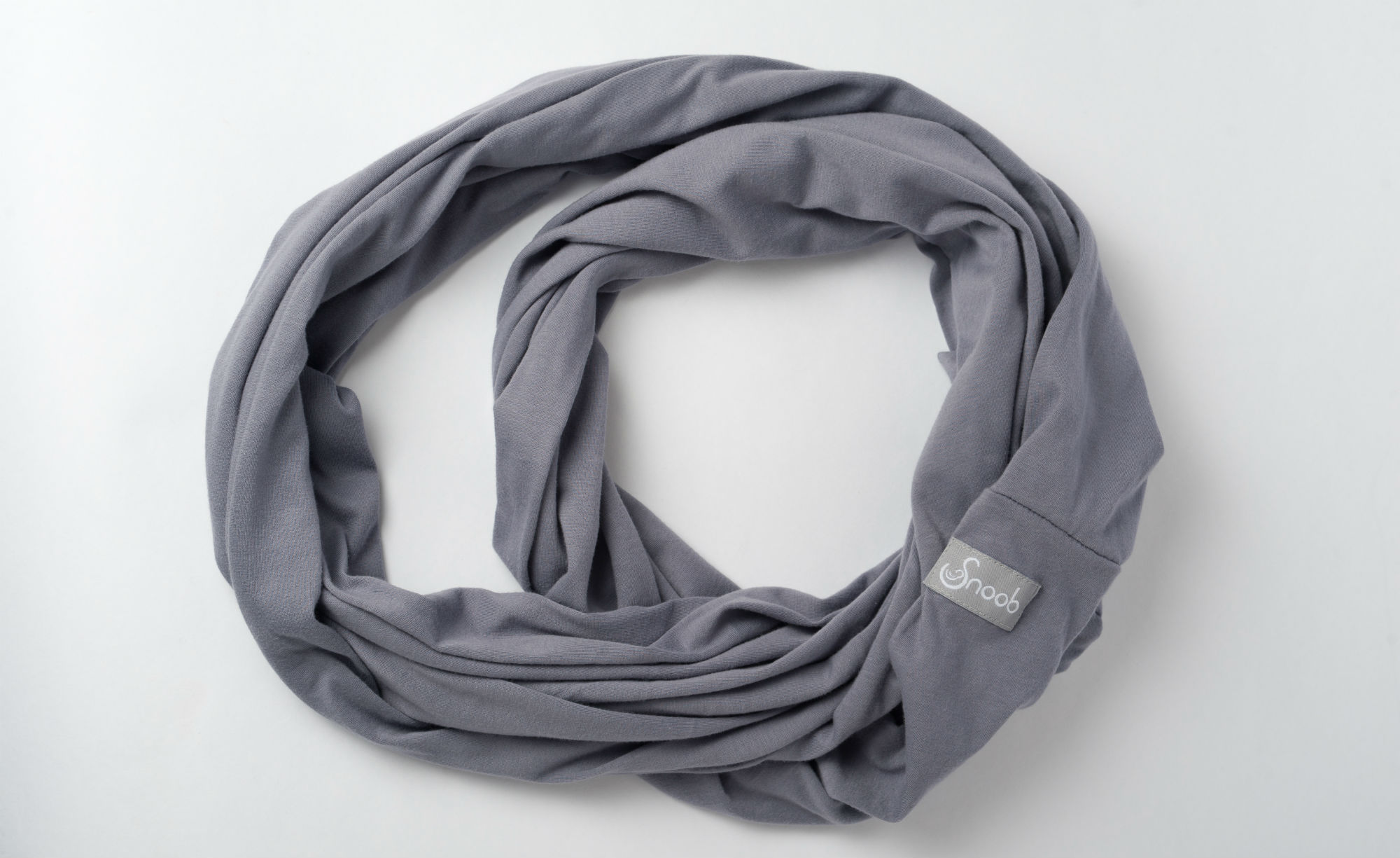
And if our new mums had to give one piece of breastfeeding advice...
Jess: 'Don't feel as though you have failed in any way if you struggle with breastfeeding. If you are struggling at all, speak to someone - whether it's your partner, family, friends, other mums at playgroup, health visitor or a breastfeeding helpline - you will feel so much better for it.'
Amy: 'Take advantage of the access to professionals when you are in hospital and ask for as much help as you need! Also, definitely invest in an electric pump – they are amazing. I found hand pumps a waste of time.'
